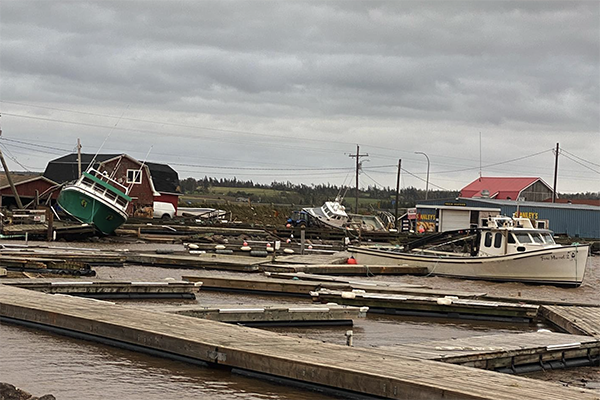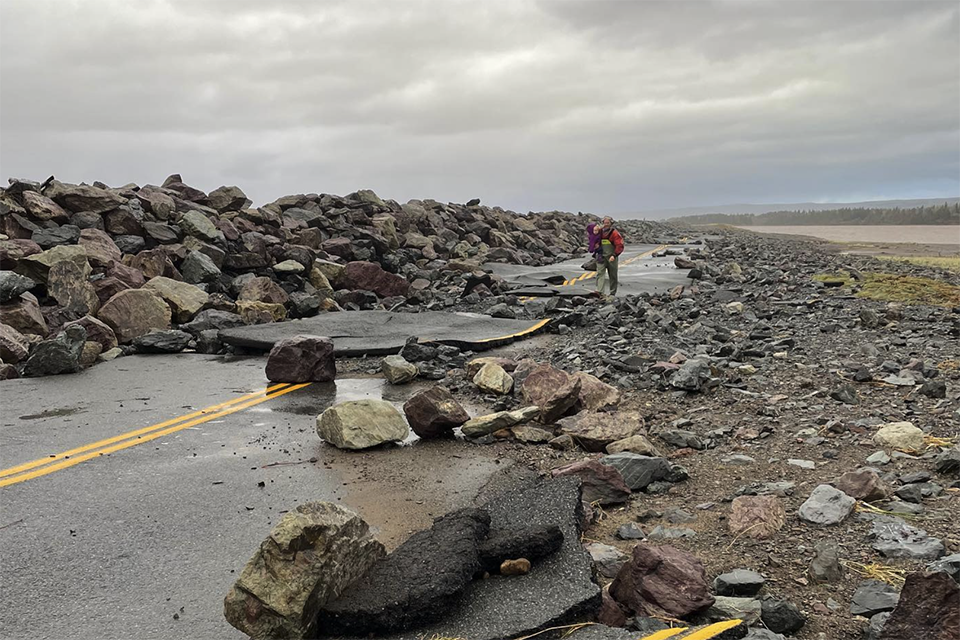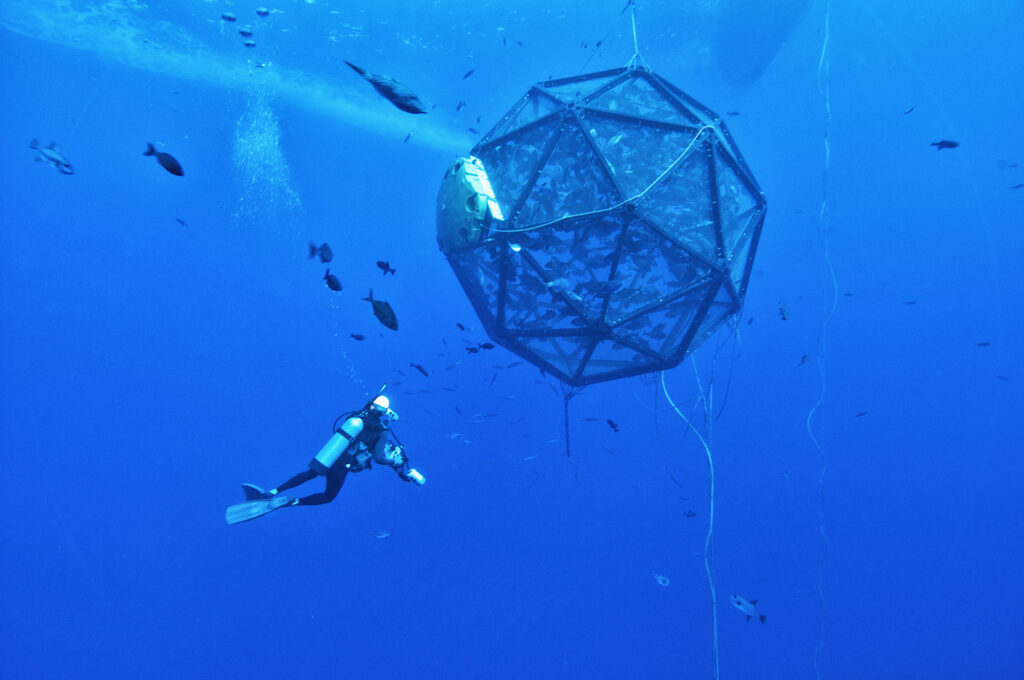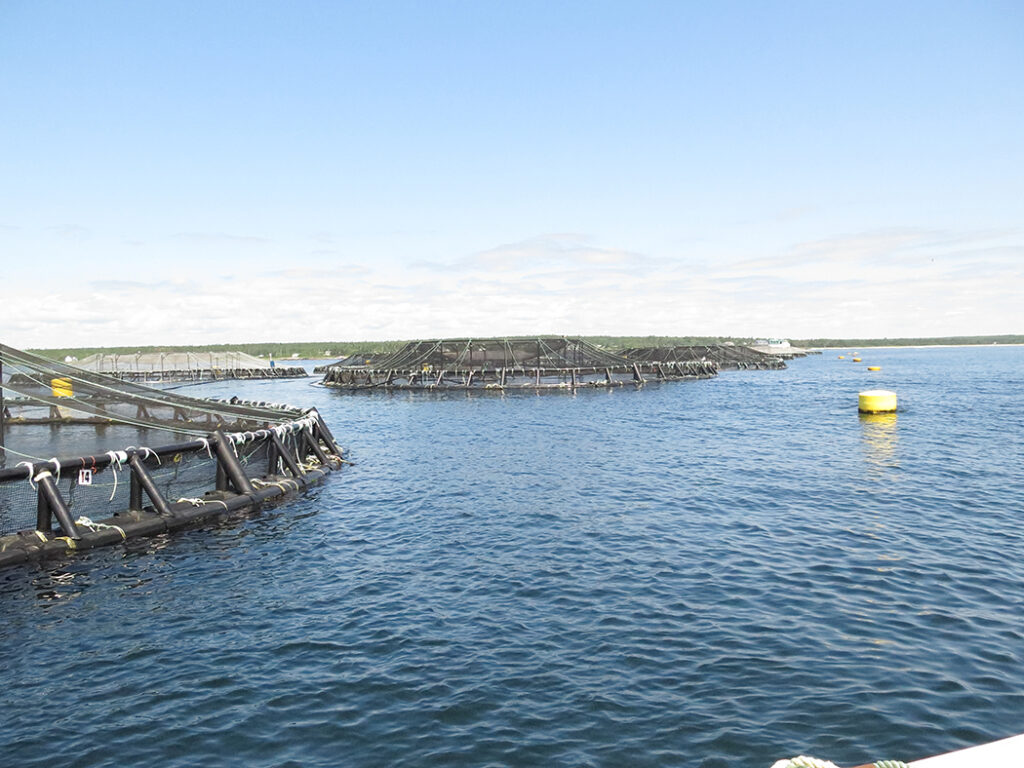Funding to help shellfish operations recover from Hurricane Fiona damages, safeguarding key jobs

The Canadian government will provide up to $40 million (US $53 million) in financial support to help the shellfish sector in Atlantic Canada recover from Hurricane Fiona. The funding, which will be rolled out for two years, will assist shellfish operators and non-profit organizations affected by Hurricane Fiona. Funds can be used to help with storm recovery efforts, such as storm damage repairs, equipment replacement, cleanup, product loss, as well as longer-term projects for adaptations against extreme weather.
“Our government has been working collaboratively with hard-hit communities, sectors and businesses that suffered devastating losses as a result of this storm,” said the Honourable Ginette Petitpas Taylor, Minister of Official Languages and Minister responsible for the Atlantic Canada Opportunities Agency. “The support we are announcing today for the shellfish sector will help fill gaps where no other support measures are available. This is one of many measures our government has initiated to maintain jobs after the hurricane took its terrible toll.”
In Atlantic Canada, losses, damages and cleanup costs from the devastating storm are extensive. Types of losses include product, crop, seeds, gear and infrastructure. The full extent of damages may not be known until spring 2023, as some shellfish operations had already started to submerge their equipment at the time of the storm.
“The hurricane had a particularly devastating effect on shellfish producers and farmers,” wrote the government in a press release. “These are major employers that generate important economic benefits in many coastal, rural and small communities throughout the region. The sector also holds substantial growth potential because of global demand for farmed seafood.”
On October 4, 2022, the Canadian federal government announced the Hurricane Fiona Recovery Fund (HFRF), which will provide $300 million over two years to support local communities, businesses and organizations affected by the storm and to help long-term recovery efforts. This funding announcement represents “another major step” in Atlantic Canada Opportunities Agency’s (ACOA) effort to assist businesses and communities affected by Hurricane Fiona as part of the $300 million Hurricane Fiona Recovery Fund.
The Fund is a support measure to fill gaps for those who have exhausted all other sources of financial support, including insurance or other existing federal and provincial support measures, like their respective province’s disaster financial assistance.
Follow the Advocate on Twitter @GSA_Advocate
Now that you've reached the end of the article ...
… please consider supporting GSA’s mission to advance responsible seafood practices through education, advocacy and third-party assurances. The Advocate aims to document the evolution of responsible seafood practices and share the expansive knowledge of our vast network of contributors.
By becoming a Global Seafood Alliance member, you’re ensuring that all of the pre-competitive work we do through member benefits, resources and events can continue. Individual membership costs just $50 a year.
Not a GSA member? Join us.
Author
Tagged With
Related Posts

Intelligence
Is $100 million enough to help Atlantic Canada’s seafood industry recover from Hurricane Fiona?
Hurricane Fiona damaged critical infrastructure and gear, leaving fishing and aquaculture operations in Atlantic Canada struggling to stay afloat.

Intelligence
Hurricane Fiona was a ‘historic, extreme event’ for Atlantic Canada – and hit the seafood sector hard
As the clean-up from Hurricane Fiona begins, Atlantic Canada communities survey the damage caused to fisheries and aquaculture operations.

Intelligence
Offshore aquaculture offers a climate change solution, but can farms withstand severe weather events?
The success of open-ocean aquaculture depends on structures that can withstand extreme waves and harsh winds linked to climate change.

Responsibility
Is Nova Scotia’s seafood economy ready for climate change?
A Centre for Marine Applied Research study will assess the climate change readiness of seafood-dependent communities in Nova Scotia.



